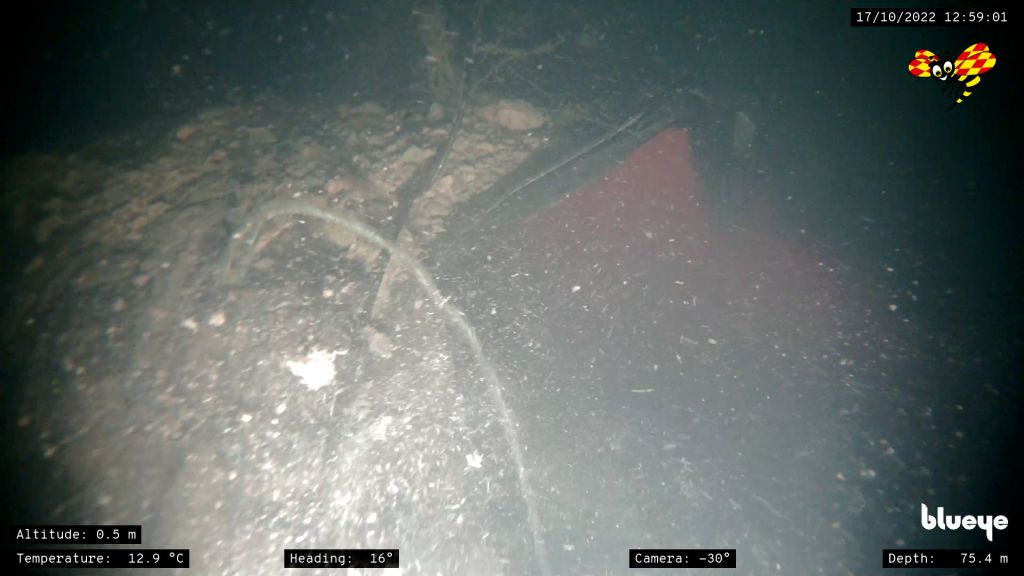Intel reportedly points to pro-Ukrainian group behind Nord Stream attack
New intelligence seen by US officials suggests that a pro-Ukraine group attacked the Nord Stream 2 pipelines that transport natural gas from Russia to countries in Western Europe, the New York Times reported on Tuesday.
US officials told the paper there is no evidence that Ukrainian President Volodymyr Zelensky or his top aides were involved or that the Ukrainian government otherwise directed those who attacked the pipelines that run under the Baltic Sea.
The US and NATO initially considered the September 2022 attack an act of sabotage, discounting a natural disaster like an earthquake.
Speculation over who was to blame ranged from Ukraine to Russia to Britain to the United States.
Ukraine, which was invaded by Russia on Feb. 24, 2022, immediately came under suspicion because it has opposed the project for years, considering it a national security threat because it would allow Russia to continue to sell gas in Europe while preventing Kyiv from collecting lucrative transfer fees.
A review of the new intelligence, the Times said, sheds little light about who carried out the attack, who was associated with it, or who financed it.
The intel does suggest, however, that the culprits opposed Russian President Vladimir Putin and were likely Ukrainian or Russian nationals — or a combination of the two.
The officials told the outlet that no Americans or Brits were involved in the breach.
There is also no evidence that the Russian government had a hand in the attack.

It was believed early on that the attack was state-sponsored because of its sophistication, which required the placing of explosives deep below the surface Baltic and detonating them while escaping detection.
The explosives were most likely planted with the assistance of experienced divers who did not appear to be linked to any military or intelligence service, the report said, raising the possibility that the saboteurs received specialized state-sponsored training in the past.
Russia blamed the British navy for the attack, a claim London accused Moscow of inventing.
Last month, Pulitzer-prize winning journalist Seymour Hersh alleged in a report that US Navy divers laid the bombs that wrecked the pipelines.
Hersh, 85, who won the Pulitzer for exposing the My Lai massacre of Vietnamese civilians by US troops in 1968, said the Navy carried out the operation under the cover of a NATO exercise.
The allegation prompted a pointed denial from the Pentagon and skepticism from other geopolitical experts and observers.
White House press secretary Karine Jean-Pierre declined to comment on the report, referring reporters to the governments of Germany, Sweden and Denmark, which have opened investigations into the incident.
Read the full article Here


